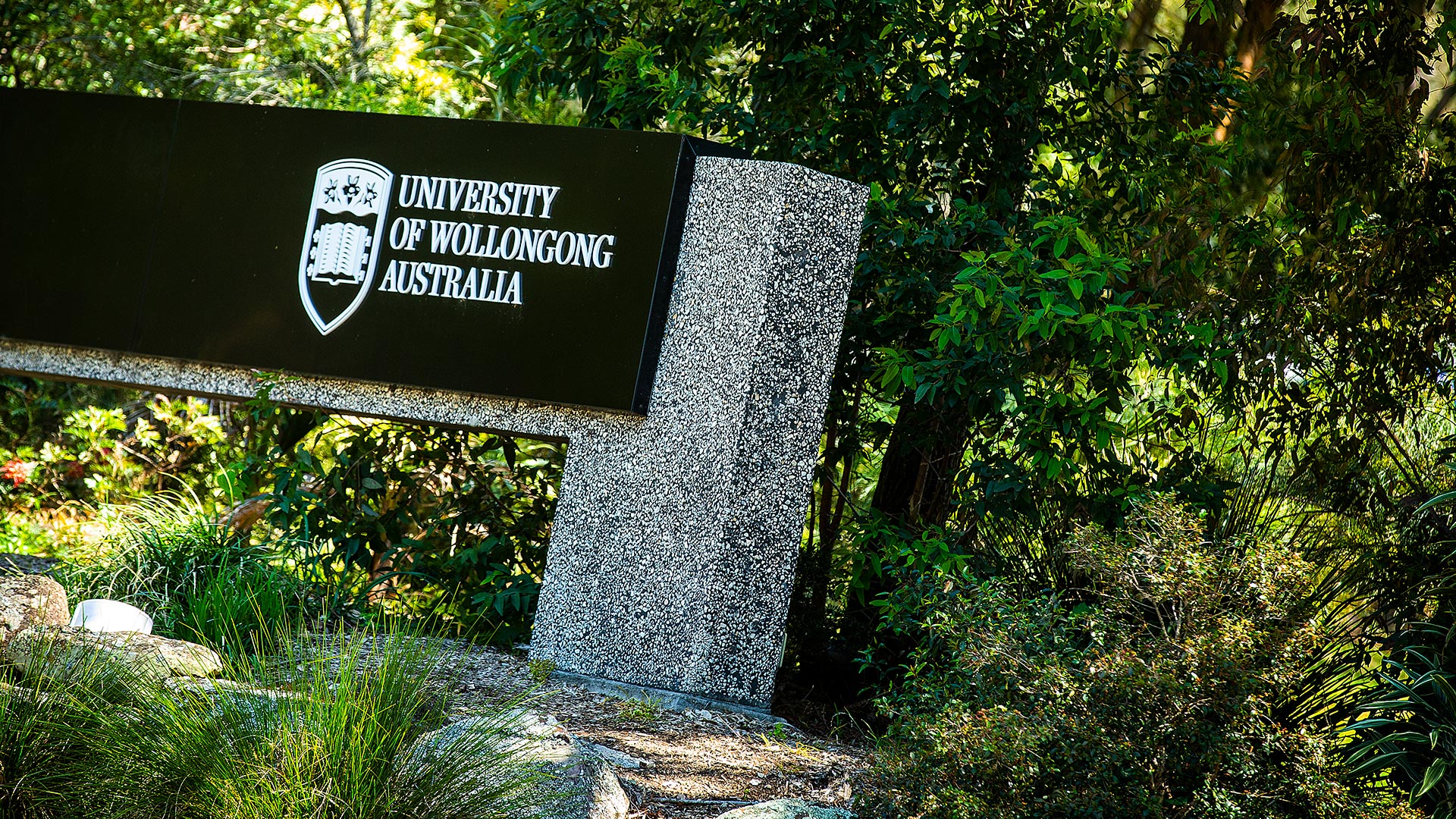Options improved to shelter lowest paid staff

In response to staff feedback, University of Wollongong (UOW) Vice-Chancellor, Professor Paul Wellings CBE, has revised the options being considered by staff to help the University recover from the financial impact of COVID-19.
After outlining UOW’s financial position to staff in an online briefing on Thursday 4 June, the Vice-Chancellor presented three options for reducing costs as part of restoring the University to a financially sustainable position.
Two of the three options involve varying enterprise agreements by reducing pay on a sliding scale according to salary levels of between 5% and 10% for 18 months, or between 7.5% and 15% for 12 months and enabling staff to reduce their working hours proportionate to their pay cut. The third option involves no change to current employment conditions.
Should staff indicate a preference for the third option, the University will not pursue additional options but instead proceed to make cost-savings under existing enterprise agreement terms and conditions. This will include reducing the workforce through natural attrition, workplace change, redundancies and lapsing employment contracts.
As each option yields progressively less savings in staff-related expenses, so the potential for job losses grows with each option.
Professor Wellings invited staff to review the presentation and explanatory information provided on the staff intranet and discuss it with their manager and provide feedback. In response to that staff feedback, the Vice-Chancellor has amended and clarified the options.
Staff earning below $70K per annum will now be exempt from any salary cuts. Superannuation contributions and any redundancy payments will be calculated based on a staff member’s salary prior to any temporary reduction agreed to under either enterprise agreement variation option. Continuing and some fixed term staff currently enjoy employer paid superannuation contributions of 17%.
Casual staff members were already exempt from the proposed salary reductions.
“We need to make a decision on the best way to approach this historic downturn in income within the overall constraints of the University’s budget plans.
“Last week I outlined three options, and since then there have been a number of meetings in faculties and divisions to explore the implications of the three options. There was consistency in the feedback staff gave during these meetings and we are now responding by varying and clarifying aspects of both enterprise agreement variation options,” Professor Wellings said.
Staff are being asked to indicate their preferred option in a survey that opens on Wednesday 10 June and closes at 11.59pm on Friday 12 June. Survey results will be shared following collection and analysis by the independent survey provider.







